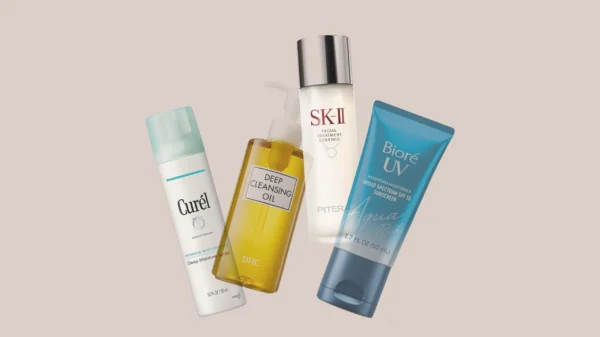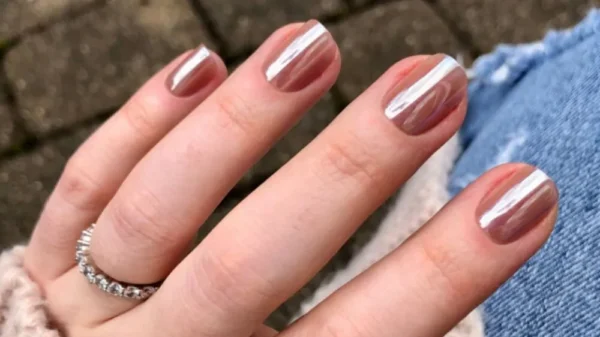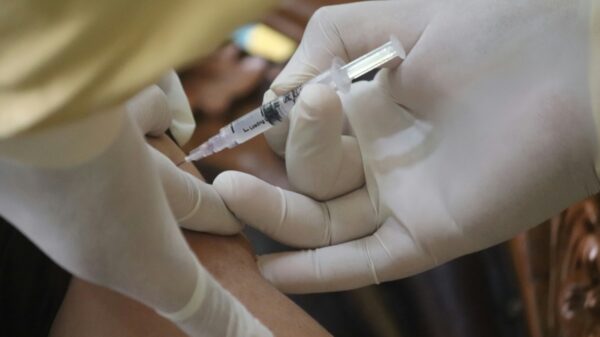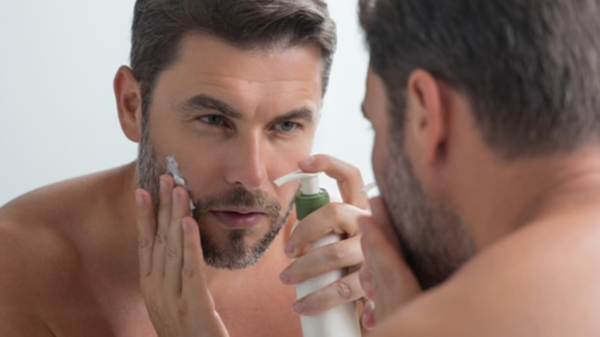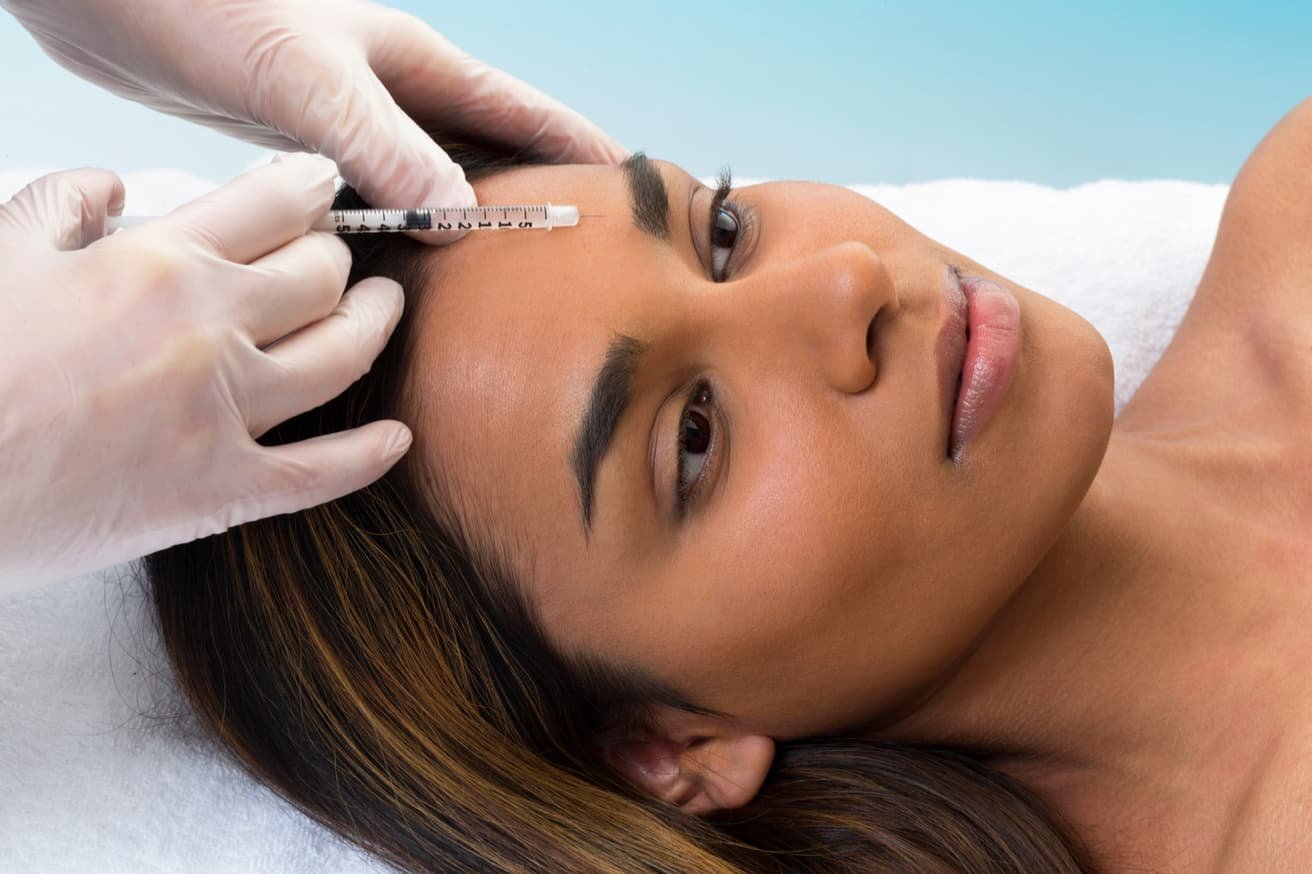The Evolution of Botox
When you hear the word Botox, the first thing that probably comes to mind is wrinkle reduction. Botulinum has been a popular cosmetic treatment for years, helping individuals smooth out their fine lines and wrinkles, and giving them a more youthful appearance. However, Botox has evolved beyond just a cosmetic procedure and has found surprising uses and benefits in various other areas of medicine.
1. Migraine Relief
One of the surprising uses of Botox is its effectiveness in providing relief from chronic migraines. Botulinum injections have been found to reduce the frequency and intensity of migraines in individuals who suffer from this debilitating condition. Research has shown that Botox can help relax the muscles and block the pain signals that trigger migraines, providing much-needed relief for those affected.
2. Excessive Sweating
Excessive sweating, also known as hyperhidrosis, can be a significant source of discomfort and embarrassment for many individuals. Botulinum injections can help alleviate this condition by blocking the signals that stimulate sweat glands. By targeting specific areas, such as the underarms or palms, Botox can effectively reduce excessive sweating and improve the quality of life for those affected.
3. Overactive Bladder
Botulinum has also proven to be an effective treatment for overactive bladder, a condition characterized by frequent and sudden urges to urinate. By injecting Botox into the bladder muscles, it helps relax the muscles and reduce the frequency of these urges. This can significantly improve the quality of life for individuals suffering from this condition, allowing them to regain control and confidence.
4. Muscle Spasms
Botox has long been used to treat muscle spasms, particularly in the neck and eye areas. Conditions such as cervical dystonia (involuntary neck muscle contractions) and blepharospasm (involuntary eyelid muscle contractions) can be effectively managed with Botulinum injections. By targeting the specific muscles causing the spasms, Botulinum helps relax them and provides relief from the associated discomfort.
5. Depression
Recent studies have shown that Botox injections may have a positive impact on individuals suffering from depression. While the exact mechanism is still being studied, it is believed that the temporary paralysis of facial muscles caused by Botox may disrupt the feedback loop between facial expressions and mood. This can potentially alleviate symptoms of depression and improve overall well-being.
Conclusion
Botox has come a long way from being just a cosmetic treatment for wrinkles. Its surprising uses and benefits in treating migraines, excessive sweating, overactive bladder, muscle spasms, and even depression have expanded its applications in the medical field. As research continues, it is likely that we will discover more unexpected uses for this versatile injectable.







